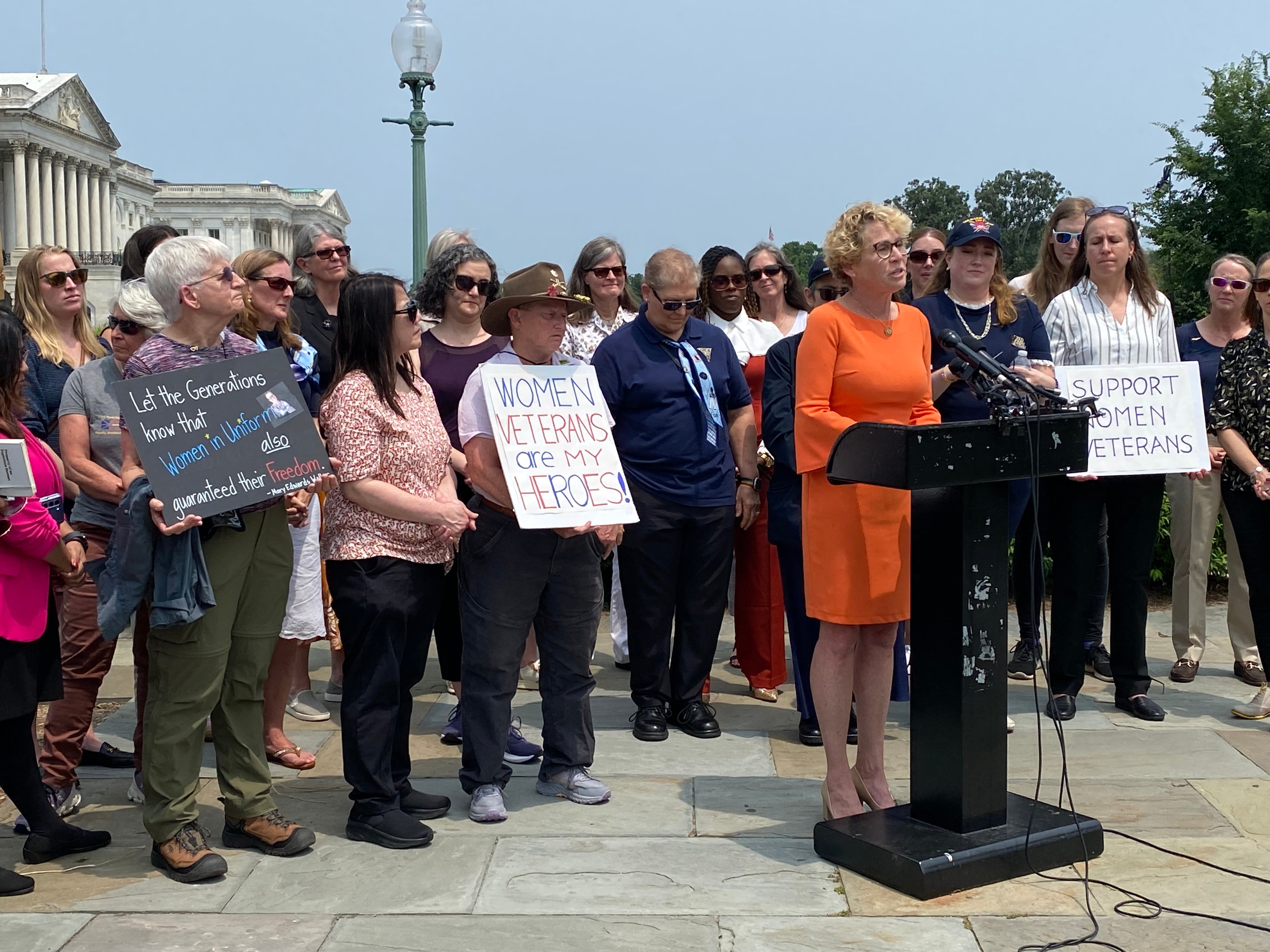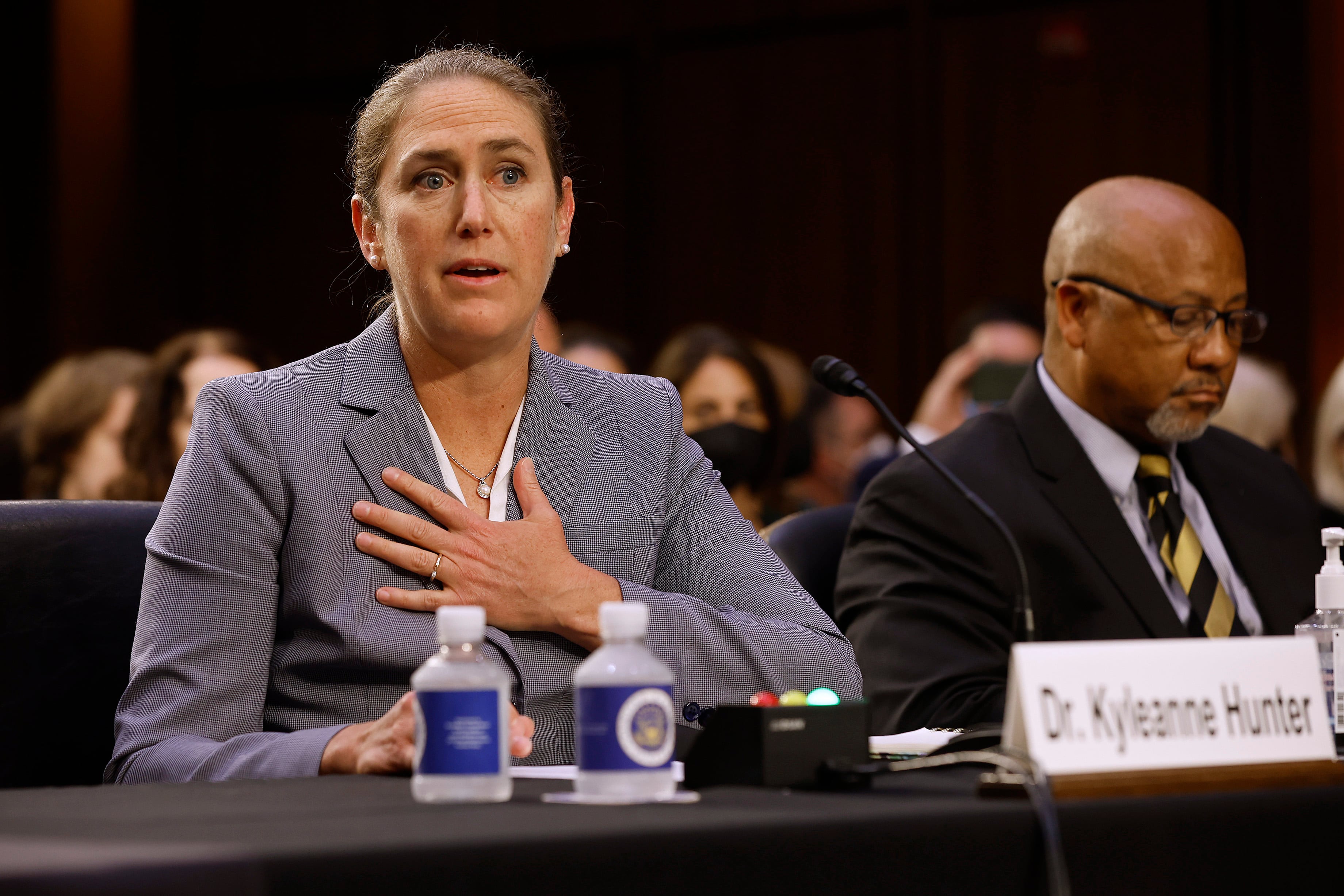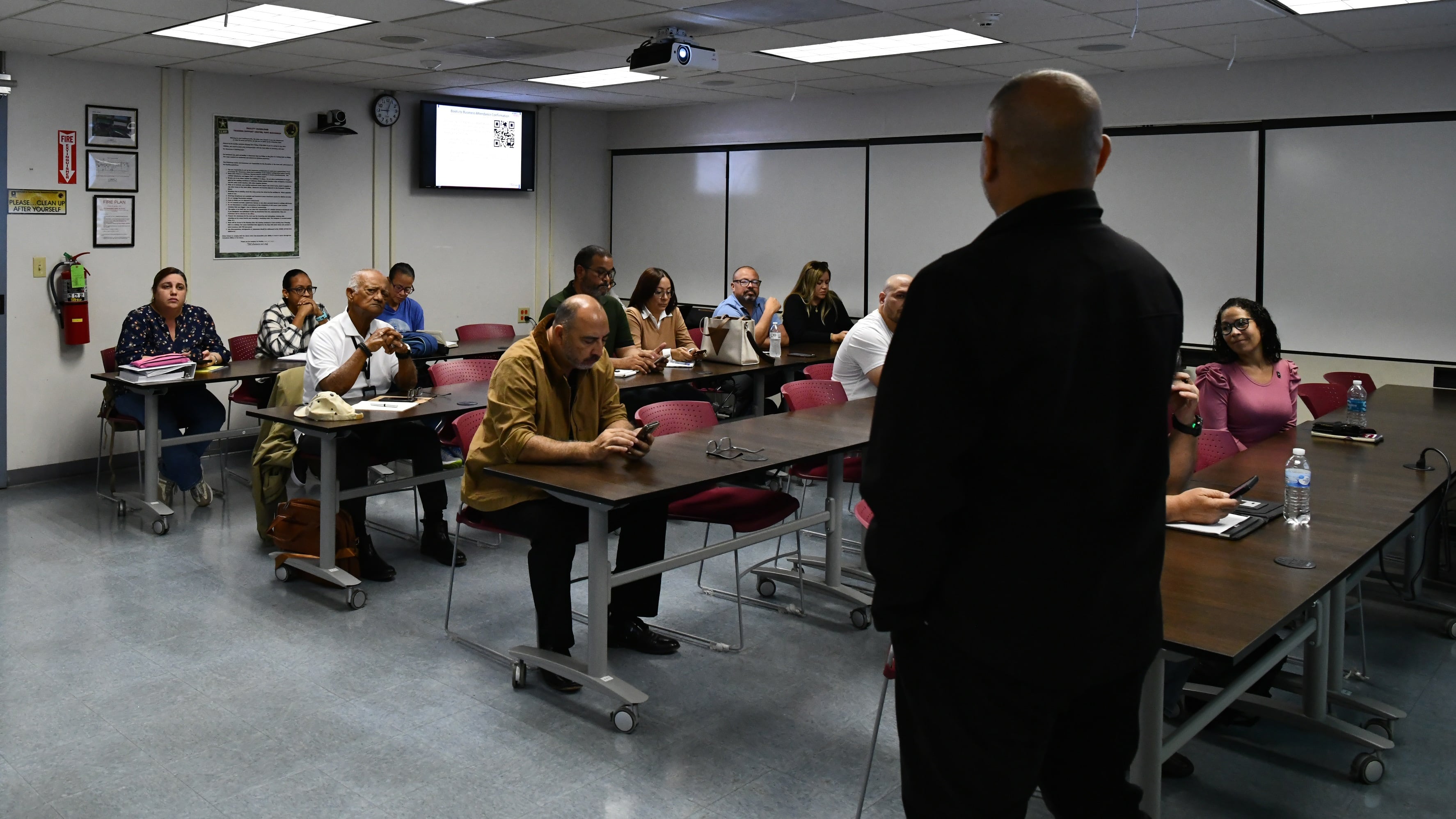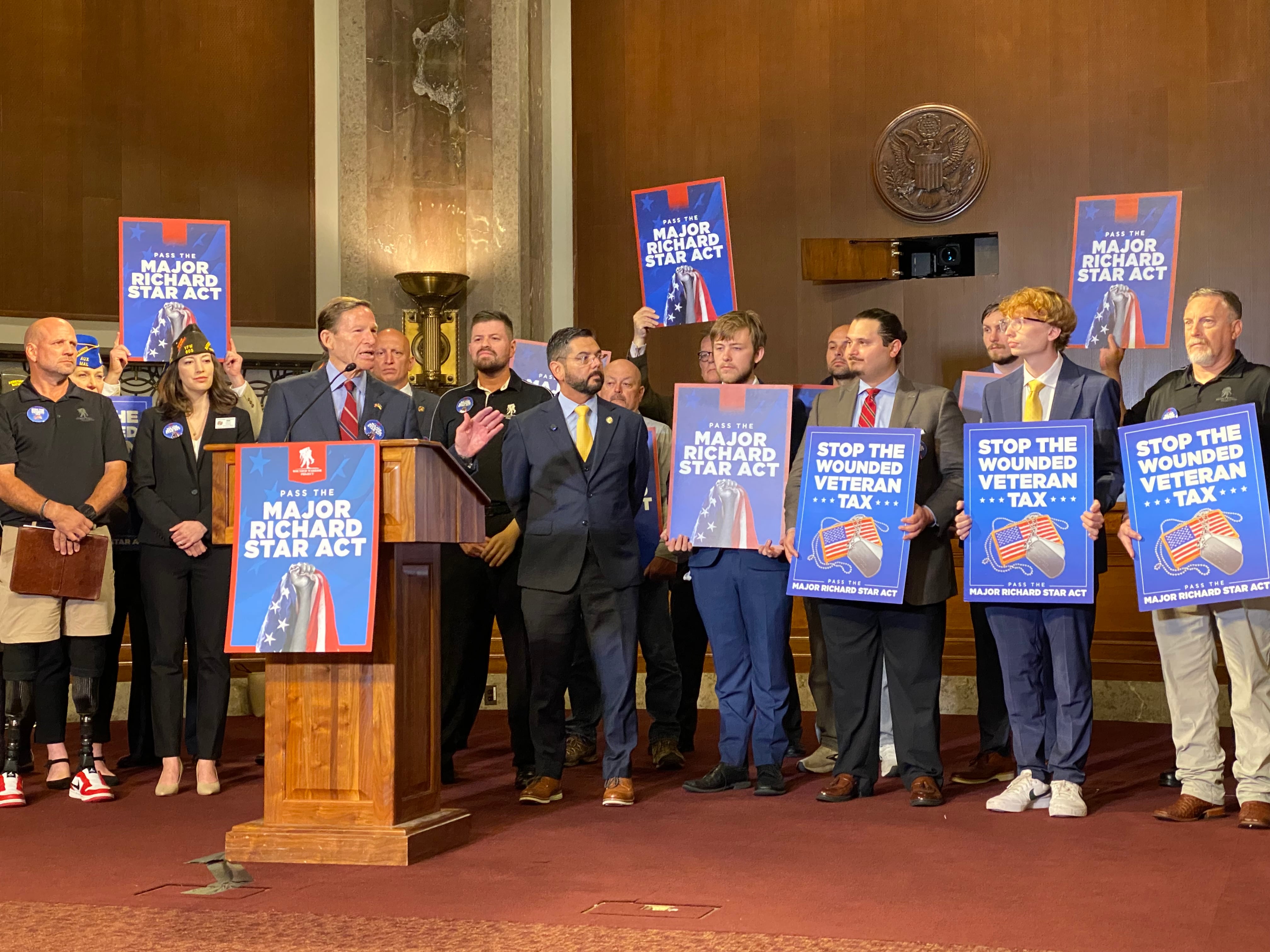Too many military families are in a no-win situation that has put their families’ health and well-being at risk. While addressing military family financial stress, the answer is relatively simple: we must ensure families have the fully funded benefits they’re told they can count on.
Over the last year, there has been an incredible and concerted focus on improving the economic security of service members and their families. Recurring themes like food insecurity, military spouse employment, health care and child care, commissary savings, and affordable housing have formed the nucleus of public perception.
But as our leaders, advocates, and those serving our nation have come to learn: the remedy for securing affordable basic needs is anything but basic.
According to the Department of Defense’s most recent survey of active duty military spouses, one in four have experienced food insecurity, nearly mirroring the food insecurity rate of service members. Military teens report even higher levels of food insecurity in their homes than their parents readily admit.
For the past decade, military spouses have endured an unwavering unemployment rate around 21%. This has presented too many military families with the challenge of trying to make ends meet on a single income. For junior enlisted personnel with families, that can feel nearly impossible.
A proposed fix? A basic needs allowance for the families who need it most. After significant dialogue and congressional involvement, DoD implemented a monthly allowance for active duty service members whose total household income falls below 130% of federal poverty guidelines. But sadly, based on recent reporting, it appears that few are eligible for this new allowance.
With over 1.3 million active duty members and 24% experiencing food insecurity along with their families, how do we close the gap for those who need help but aren’t getting it? An answer could lie at the intersection of food and housing.
Too often, military families find themselves skipping meals or opting for less nutritious options because they are forced to put food on the backburner to keep a roof over their heads. This isn’t a choice they should have to make — and it’s one DoD can fix.
Permanently restoring service members’ housing allowance to the full 100% will make an immediate, tangible difference for families struggling to keep their finances afloat.
Basic Allowance for Housing, or BAH, was previously intended to cover 100% of housing and utility costs. But in 2015, the formula changed so that military families had to shoulder part of that bill. As of 2019, troops are receiving only 95% of the average cost of rent and utilities in the areas where they live. This 5% cost-share for housing, initiated by DoD with congressional permission, has been met with questions, notably by the Government Accountability Office.
But what seemed feasible to leaders just a few years ago has been sorely tested by the pandemic and its aftermath, particularly the unstable housing market and inflation. As military families continue to move across the globe every two to three years, you have a perfect storm for families now on the financial edge.
The huge increase in 2023 BAH rates — which jumped by an average of 12.1%, but reached as high as 38% in Twentynine Palms, California — was a significant step forward. But it didn’t close the gap that the 5% cost-share created. Too many families continue to struggle, with no relief in sight.
According to Military Family Advisory Network’s research, in 2021, 59.4% of families living in civilian housing were paying more than $251 out of pocket each month for housing and utilities. Requiring the Basic Allowance for Housing to cover 100% of the average housing costs in an area would help families living paycheck to paycheck. For the 46% of military teens who told National Military Family Association they had experienced some form of food insecurity in the past 30 days, that could put the food they need on the table.
Military families are shouldering the financial burden of a life committed to service, and that simply cannot continue if we wish to preserve the all-volunteer force. DoD can change that and, with this step, help take care of its greatest asset — its people.
Shannon Razsadin is a Navy spouse and president of the Military Family Advisory Network. MFAN’s mission is to understand and amplify the needs of military-connected families and inspire data-informed change.
Besa Pinchotti is CEO of the National Military Family Association, or NMFA. Since 1969, NMFA has worked to strengthen and protect millions of families with advocacy and programs driven by research.
Have an opinion?
This article is an Op-Ed and as such, the opinions expressed are those of the author. If you would like to respond or have an editorial you would like to submit, please email us.
Want more perspectives like this sent straight to you? Subscribe to get our Commentary & Opinion newsletter once a week.










